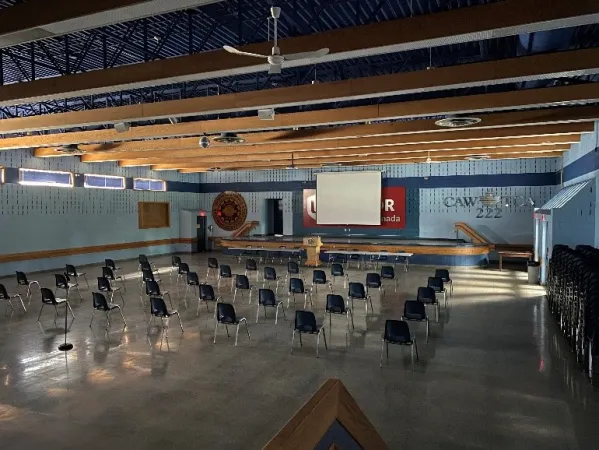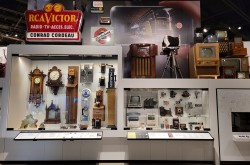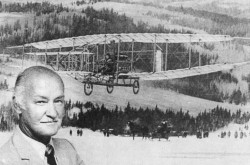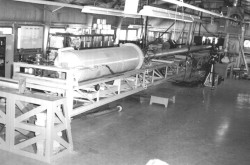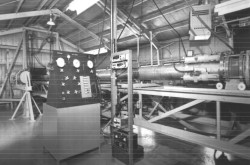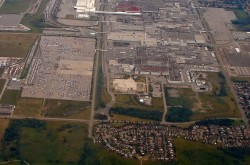What Counts as History? Top-Down Versus Bottom-Up Agency
Popular understandings of history often rest on the perceived achievements of “great men.” These retellings tend to structure their narratives around particularly prominent individuals or decisive political and cultural moments. Certainly, this approach can help to reveal the basic elements of an important historical episode – names, dates, and places, for example – but it tends to obscure the individual and collective efforts of people in their day-to-day life. Indeed, “Great man” methodology generally assumes that these efforts flow from or are secondary to the decisions made by people in positions of power. It is not surprising, then, that when viewed from the bottom up rather than the top down, the historical record takes on a much different hue. EP Thompson, one of the leading practitioners of this social approach to history, discusses how the general public have not been given proper scholarly regard in his book The Making of the English Working Class. Instead, he is careful to highlight “...the agency of working people, [and] the degree to which they contributed by conscious efforts, to the making of history...”

In researching the history of life and work at the General Motors plant in Oshawa, these methodological considerations were front and center. One of our research goals was to ensure that our work considered and captured the city’s industrial heritage in its totality. It would have been straightforward to explore deindustrialization in the city with reference to concepts like neoliberalism and globalization. High-level systems and processes like those certainly have had an impact on the auto industry in Oshawa. But grounding such concepts in individual and collective lived experience(s) helps to create a more nuanced appreciation of events. This informed our research approach; we gathered media and material artefacts to gain a sense of everyday life on the shop floor and in the union, and we conducted oral history interviews to preserve particular memories of working in the plant, of labour organizing in Oshawa, and of the local realities of deindustrialization. We hope that a bottom-up approach like this will allow people – GM workers, community figures, younger generations – to situate themselves within broader narratives and understand that they, just as much as politicians, corporate executives, and union leaders, are also meaningful agents of history.
Enjoying the Ingenium Channel? Help us improve your experience with a short survey!



